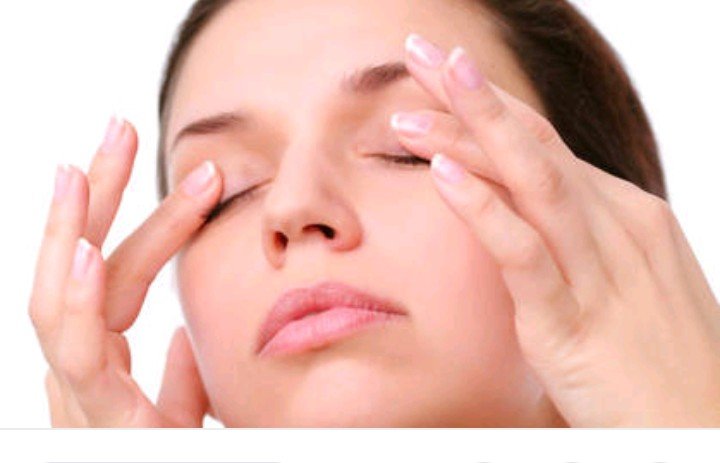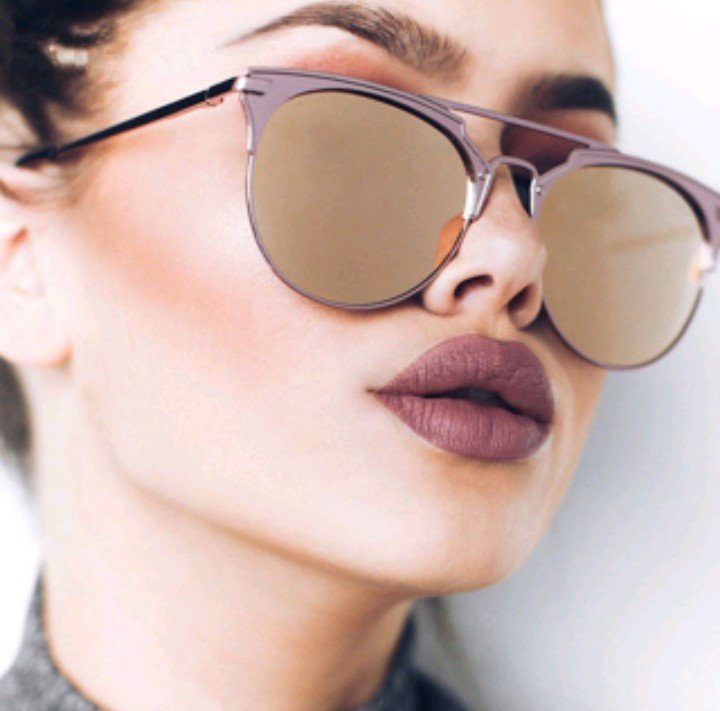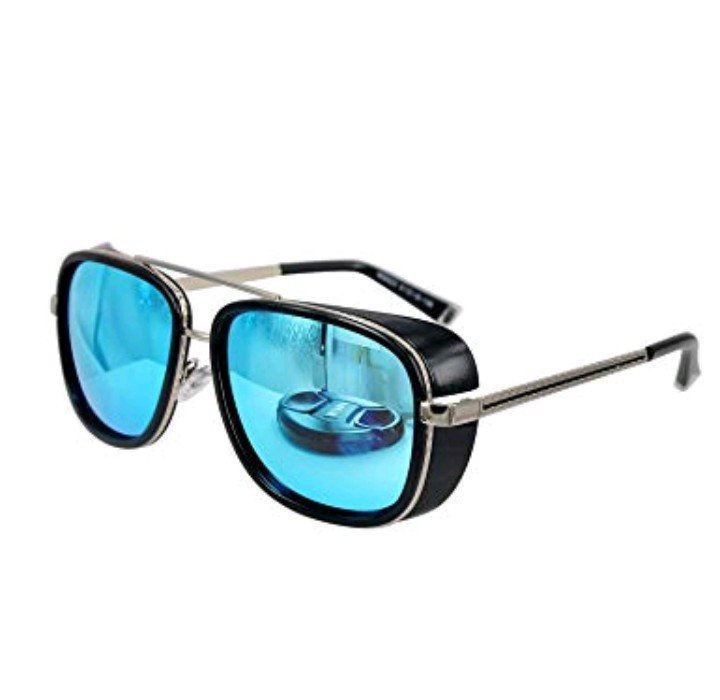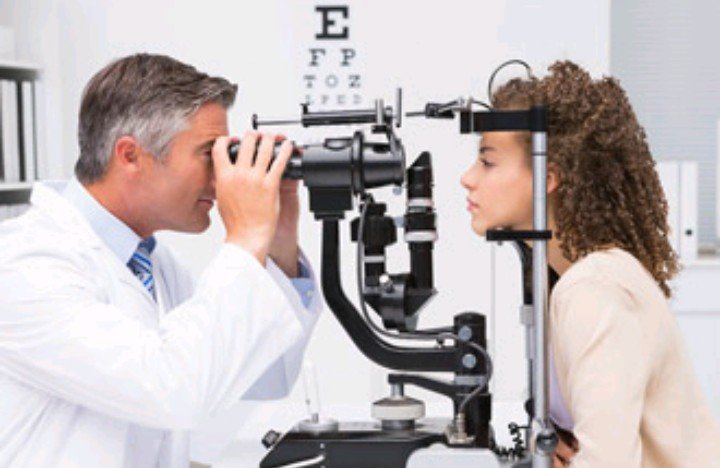How to Keep Your Eyes Healthy
Don't take your eyes for granted. Take these easy steps to keep your peepers healthy.
• Eat Well
Good eye health starts with the food on your plate. Nutrients like omega-3 fatty acids, lutein, zinc, and vitamins C and E might help ward off age-related vision problems like macular degeneration and cataracts. To get them, fill your plate with:
Green leafy vegetables like spinach, kale, and collards
Salmon, tuna, and other oily fish
Eggs, nuts, beans, and other nonmeat protein sources
Oranges and other citrus fruits or juices
Oysters and pork
A well-balanced diet also helps you stay at a healthy weight. That lowers your odds of obesity and related diseases like type 2 diabetes, which is the leading cause of blindness in adults.
• Quit Smoking
It makes you more likely to get cataracts, damage to your optic nerve, and macular degeneration, among many other medical problems. If you've tried to kick the habit before only to start again, keep at it. The more times you try to quit, the more likely you are to succeed. Ask your doctor for help.
• Wear Sunglasses
The right pair of shades will help protect your eyes from the sun's ultraviolet (UV) rays. Too much UV exposure boosts your chances of cataracts and macular degeneration.
Choose a pair that blocks 99% to 100% of UVA and UVB rays. Wraparound lenses help protect your eyes from the side. Polarized lenses reduce glare while you drive.
If you wear contact lenses, some offer UV protection. It's still a good idea to wear sunglasses for an extra layer.
• Use Safety Eyewear
If you use hazardous or airborne materials on the job or at home, wear safety glasses or protective goggles.
Sports like ice hockey, racquetball, and lacrosse can also lead to eye injury. Wear eye protection. Helmets with protective face masks or sports goggles with polycarbonate lenses will shield your eyes.
• Visit Your Eye Doctor Regularly
Everyone needs a regular eye exam, even young children. It helps protect your sight and lets you see your best.
Eye exams can also find diseases, like glaucoma, that have no symptoms. It's important to spot them early on, when they're easier to treat.
Depending on your eye health needs, you can see one of two types of doctors:
Ophthalmologists are medical doctors who specialize in eye care. They can provide general eye care, treat eye diseases, and perform eye surgery.
Optometrists have had 4 years of specialized training after college. They provide general eye care and treat the most common eye diseases. They don't do eye surgery.
A comprehensive eye exam might include:
Talking about your personal and family medical history
Vision tests to see if you’re nearsighted, farsighted, have an astigmatism (a curved cornea that blurs vision), or presbyopia (age-related vision changes)
Tests to see how well your eyes work together
Eye pressure and optic nerve tests to check for glaucoma
External and microscopic examination of your eyes before and after dilation.





